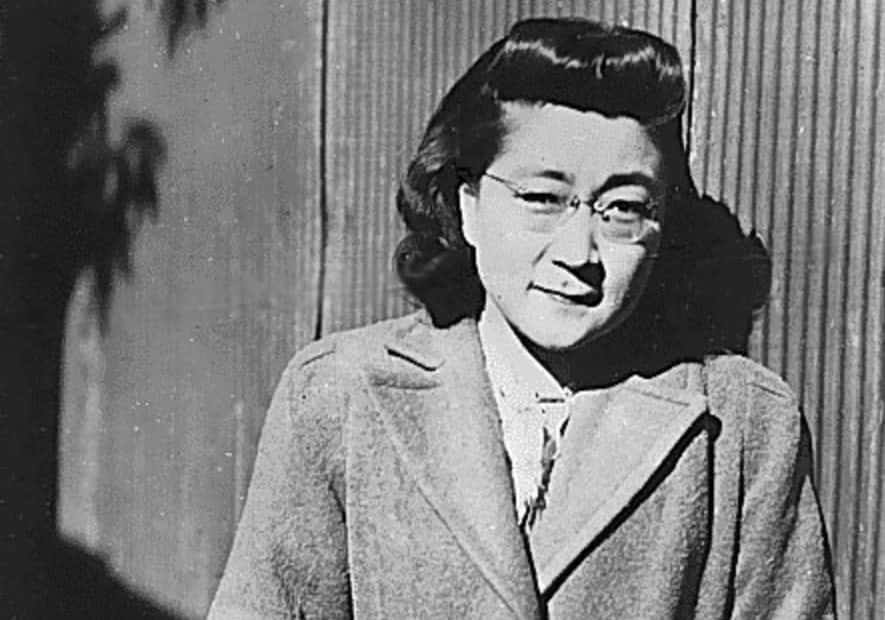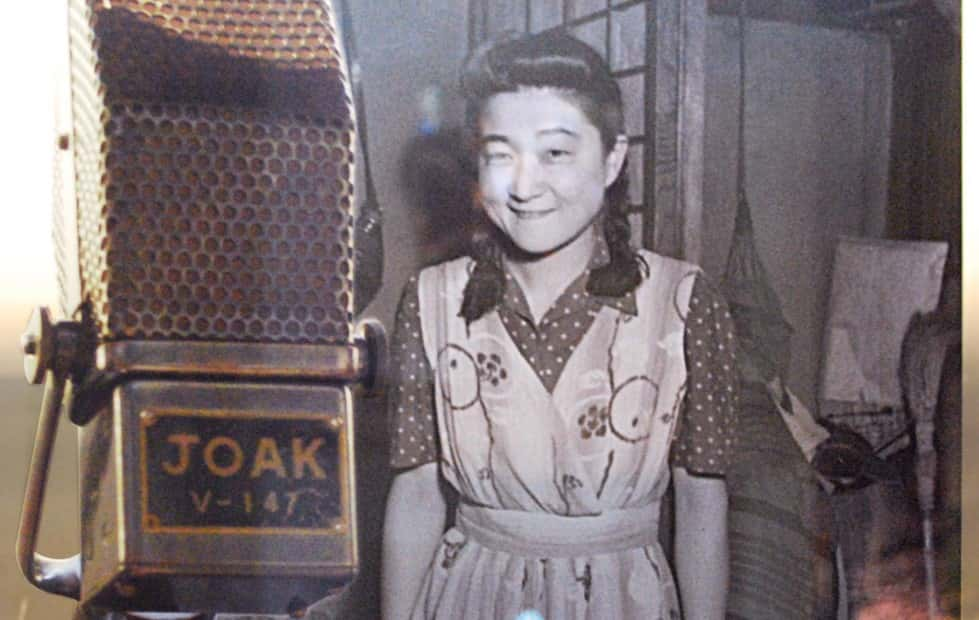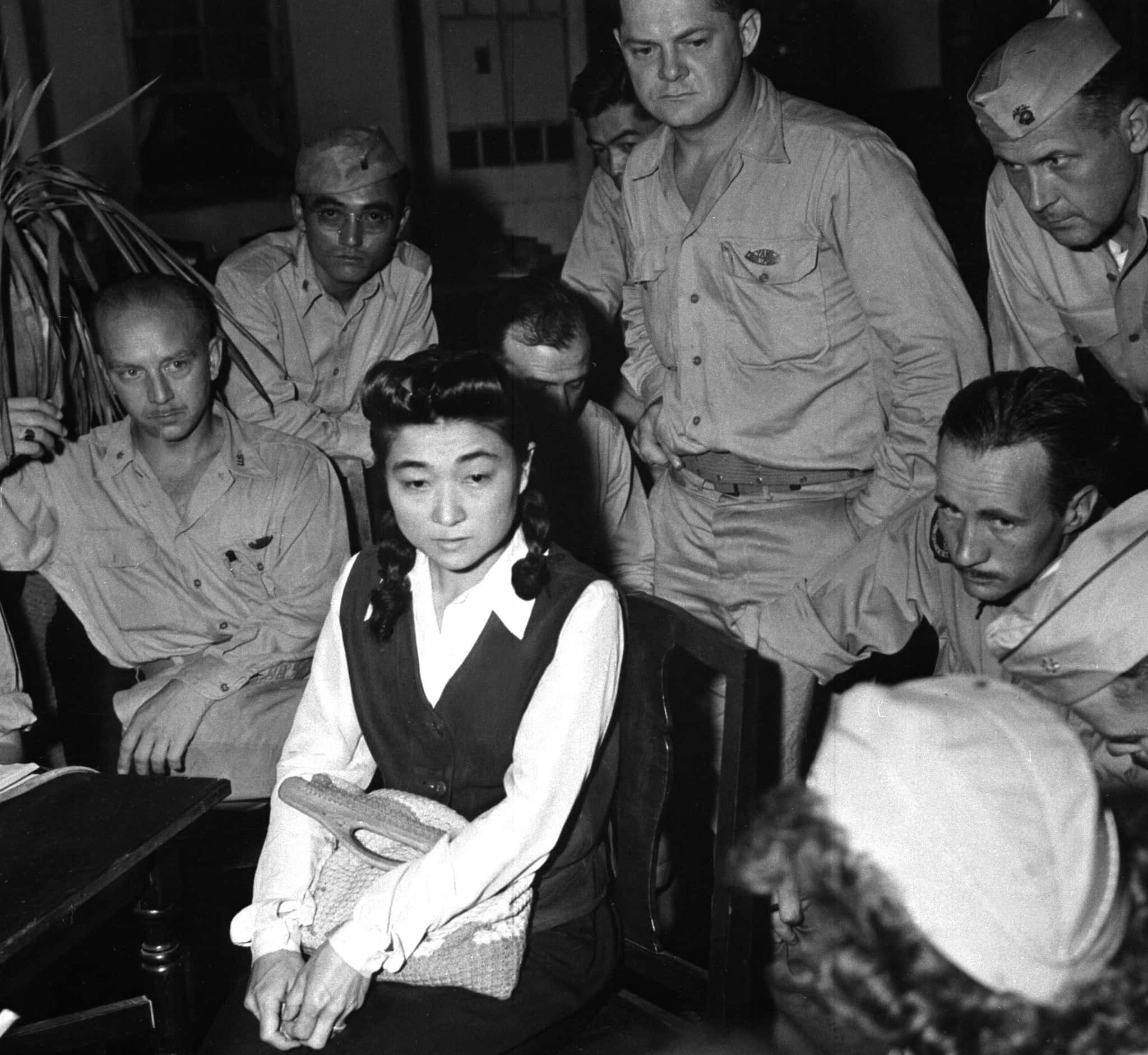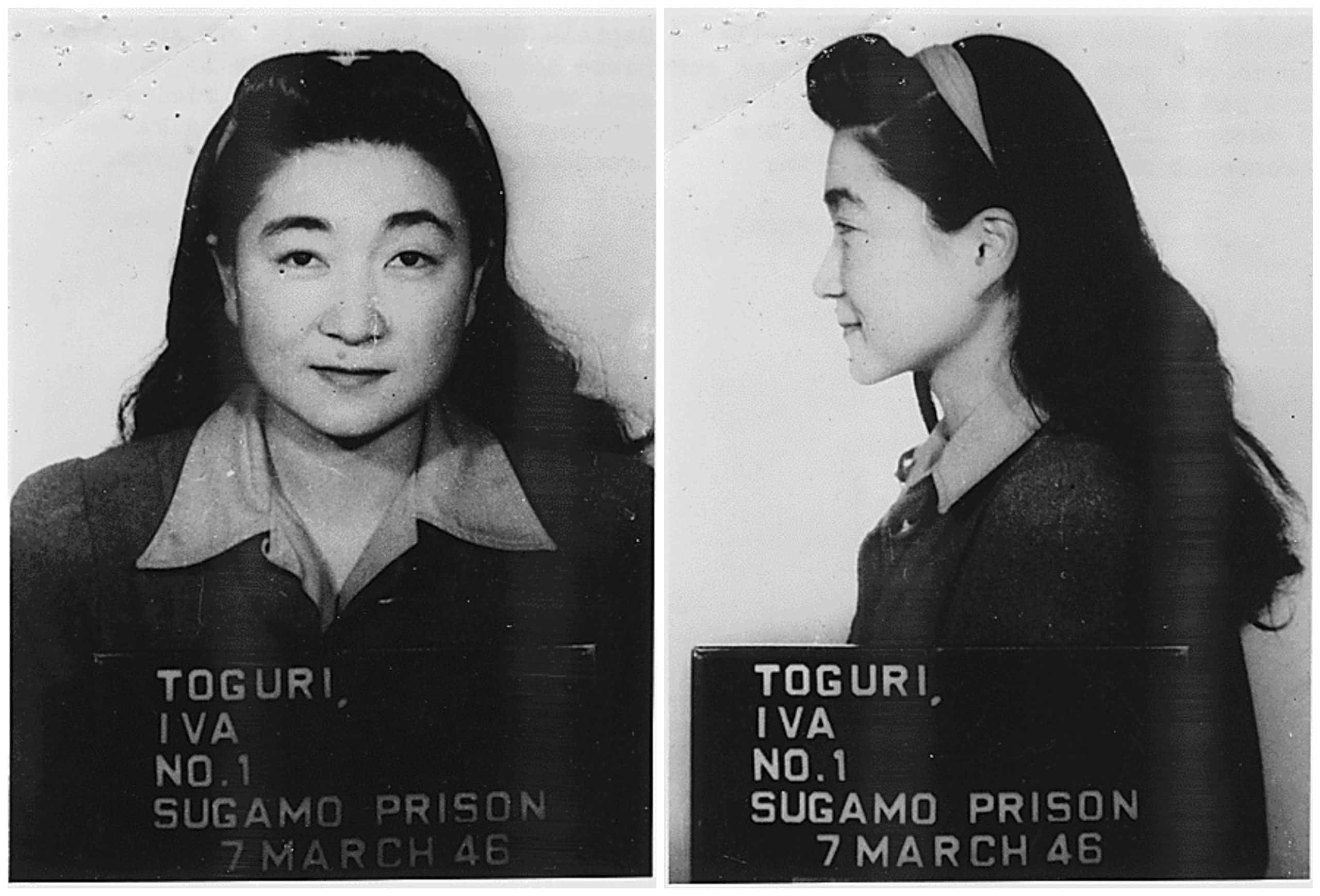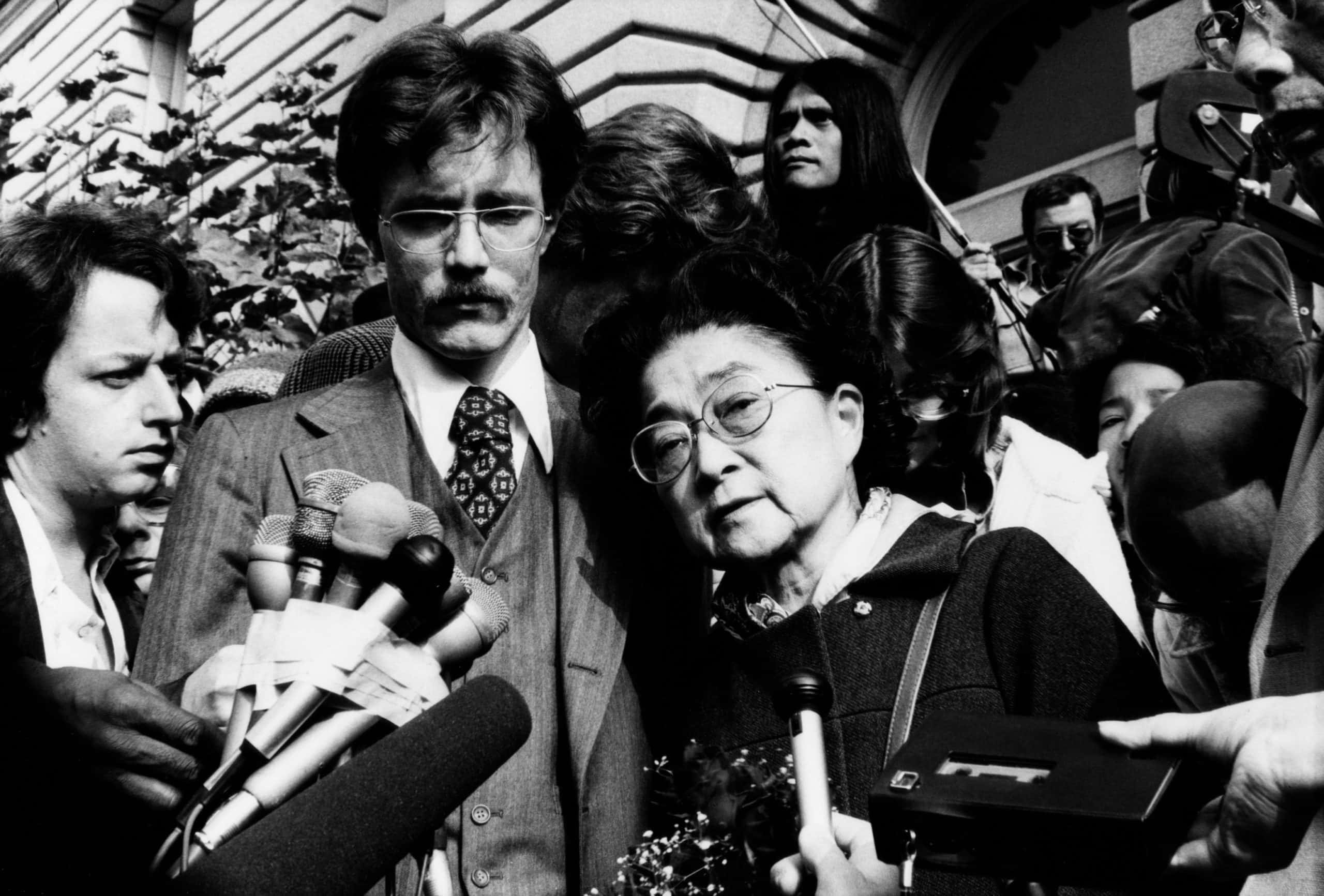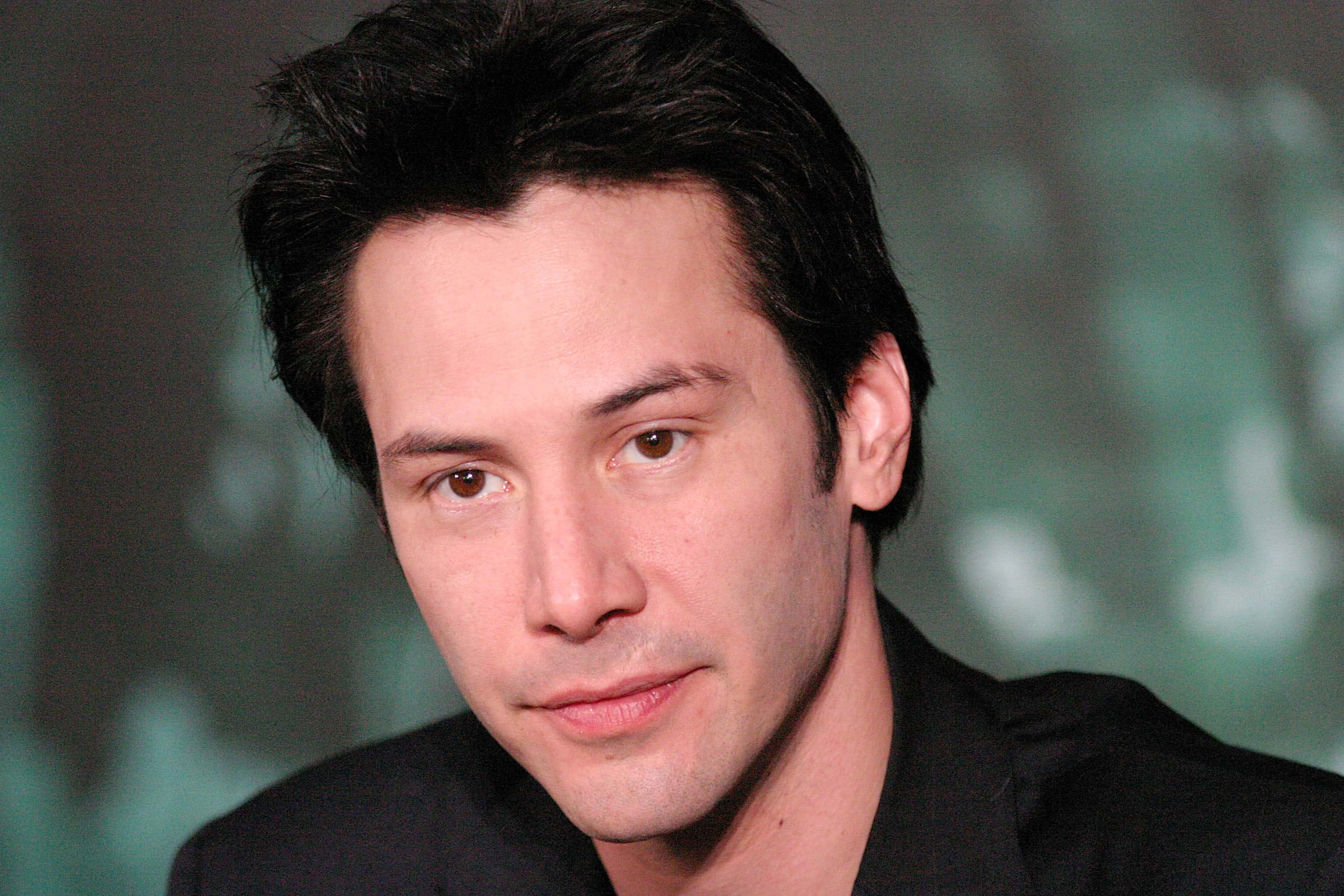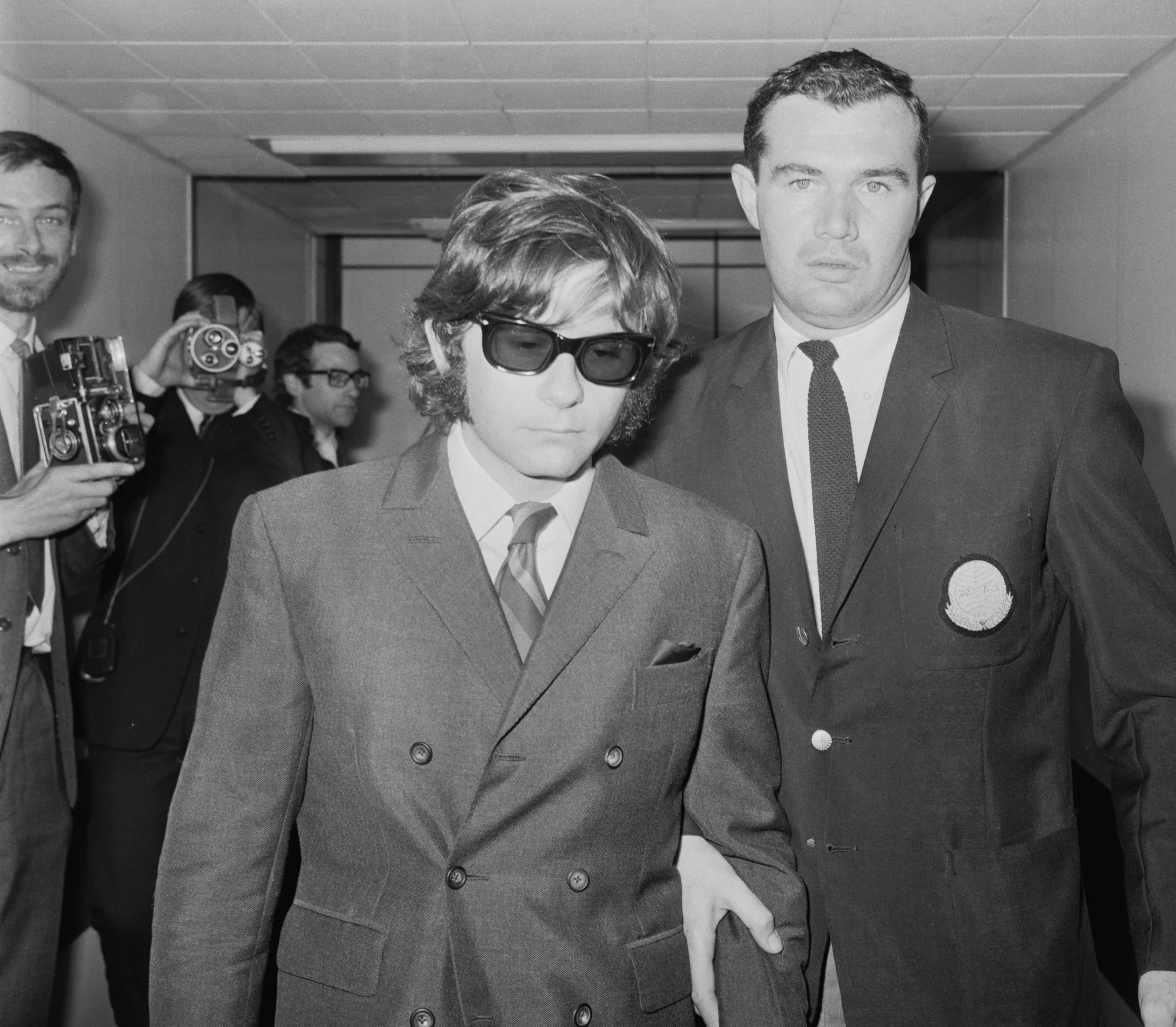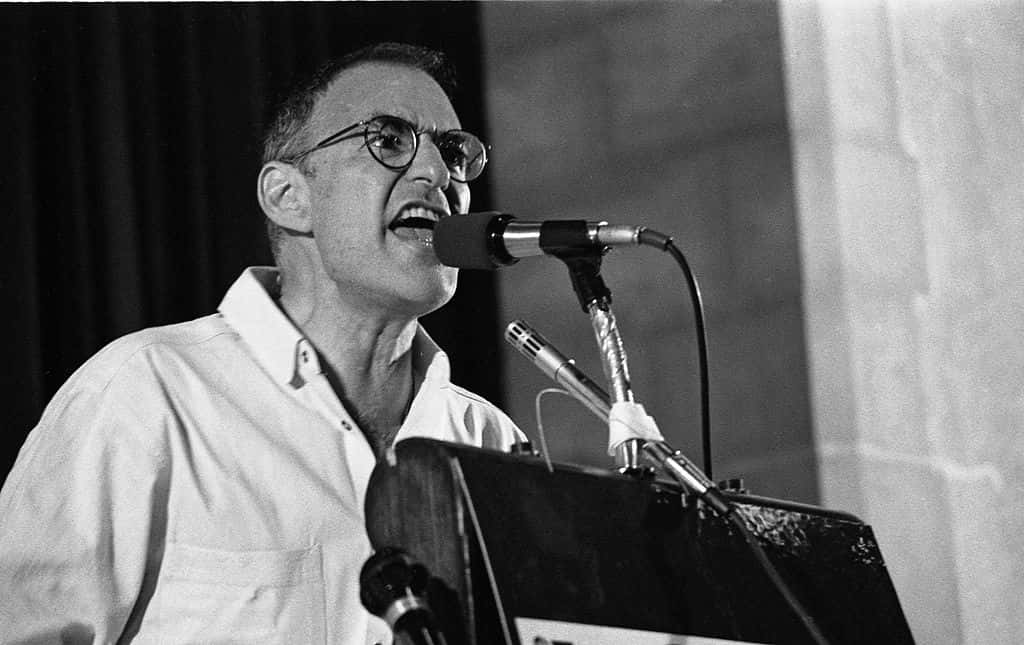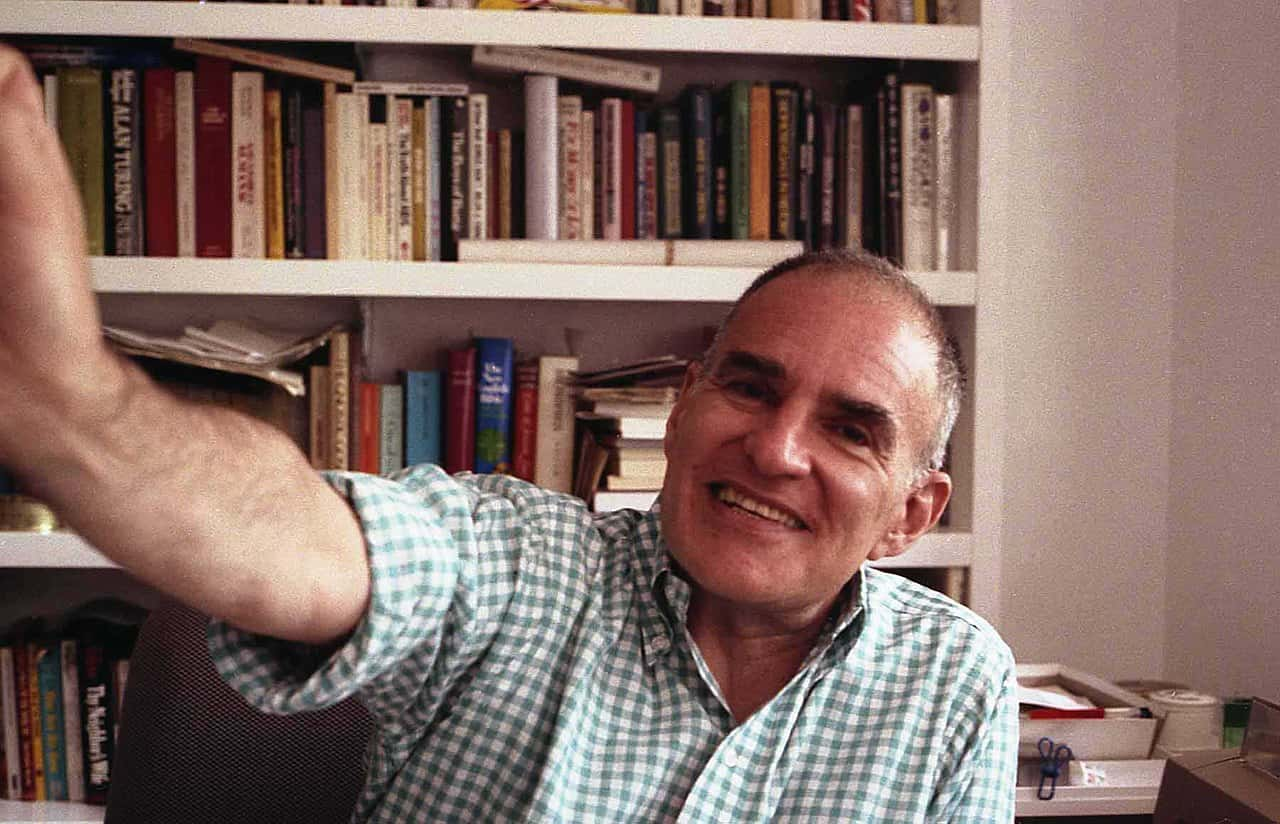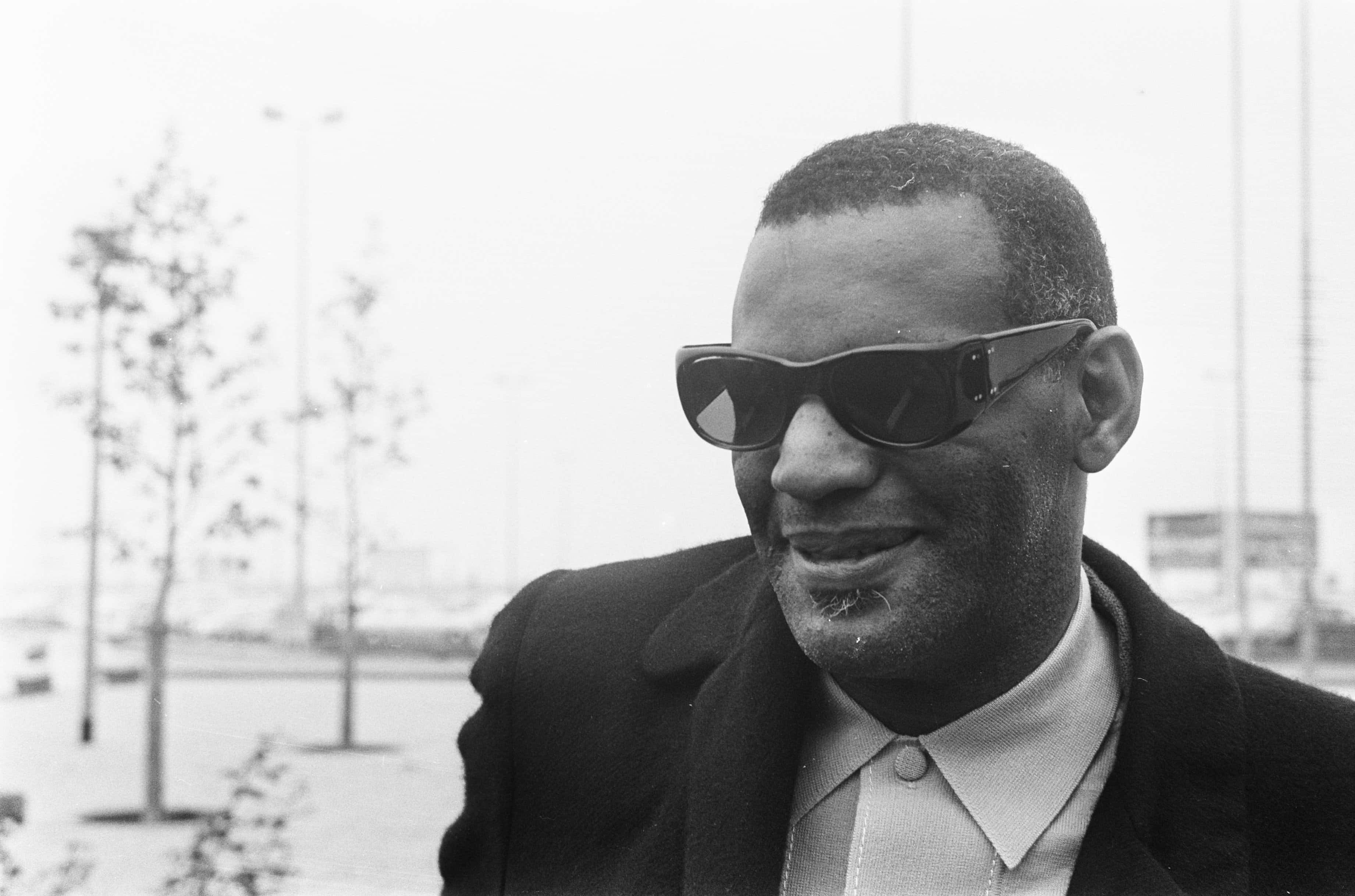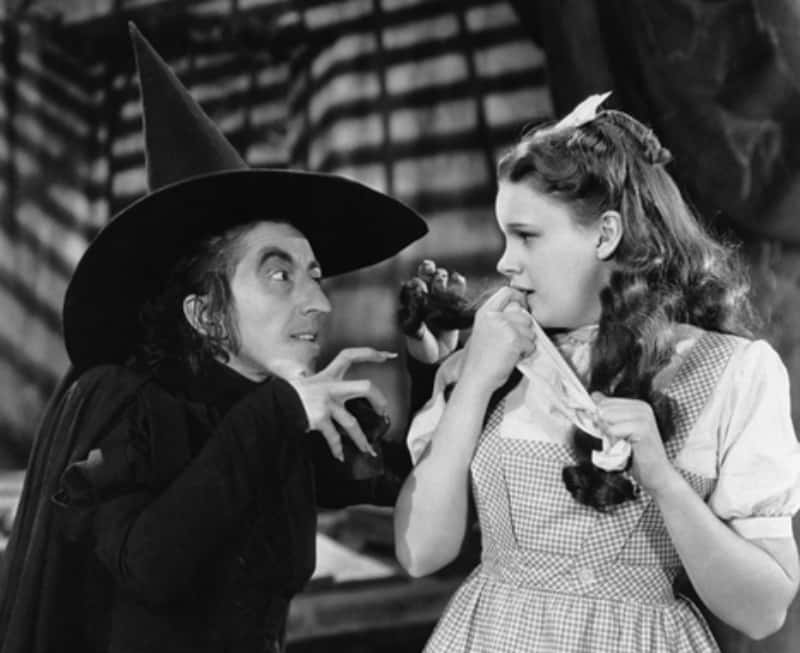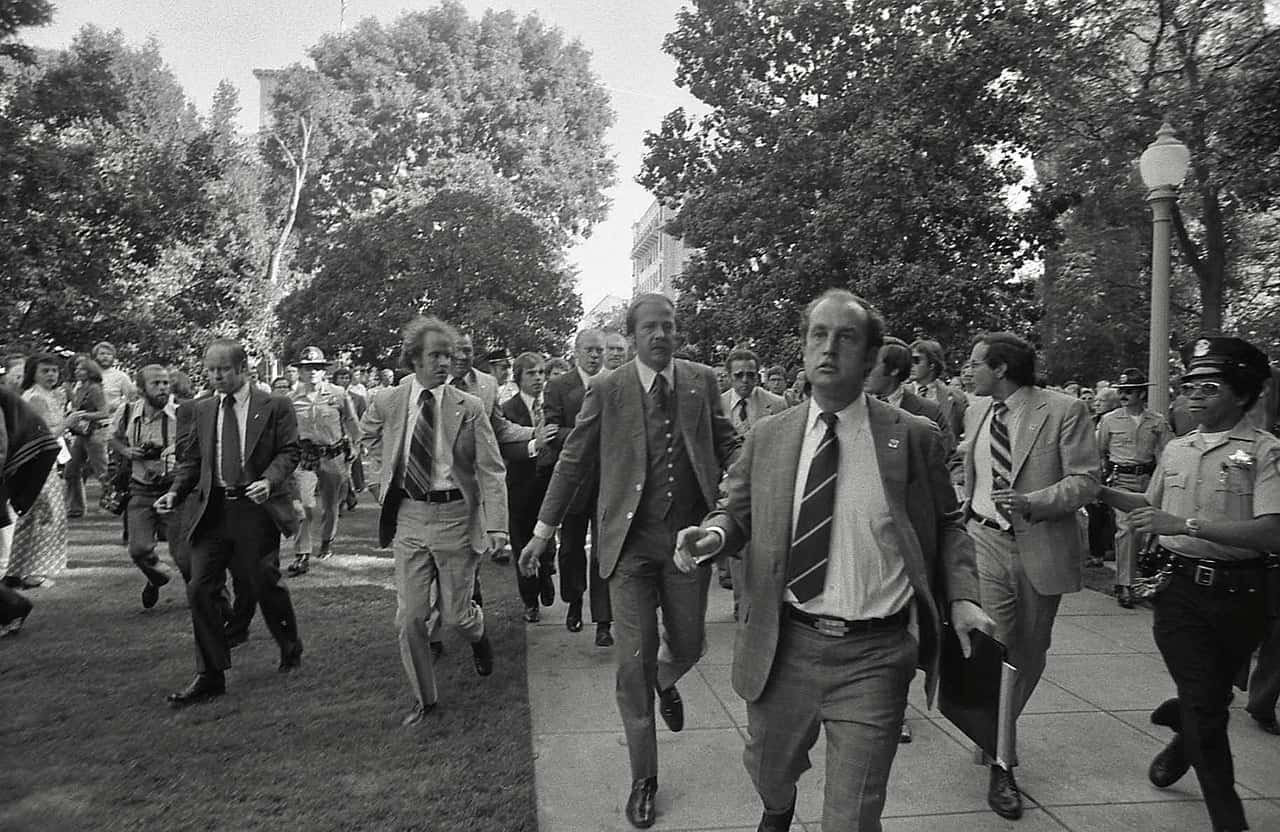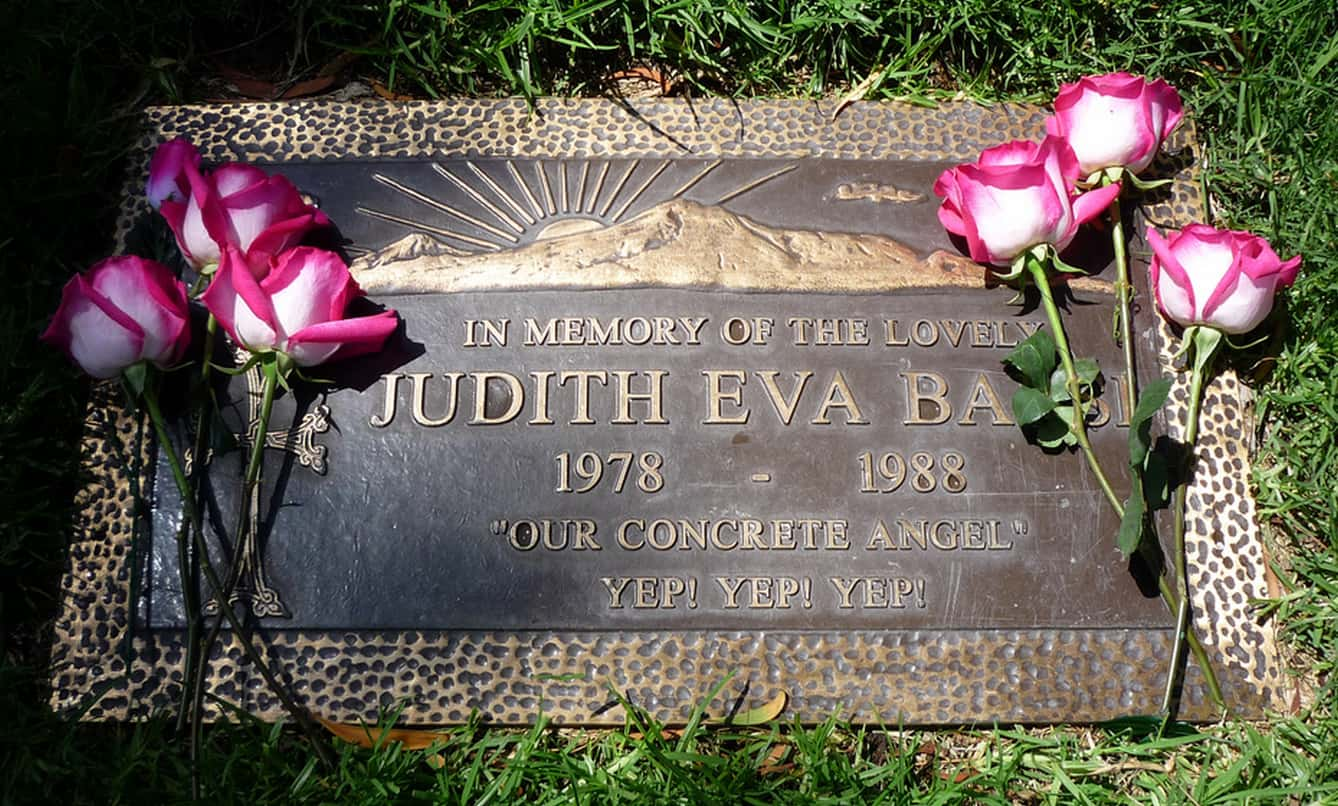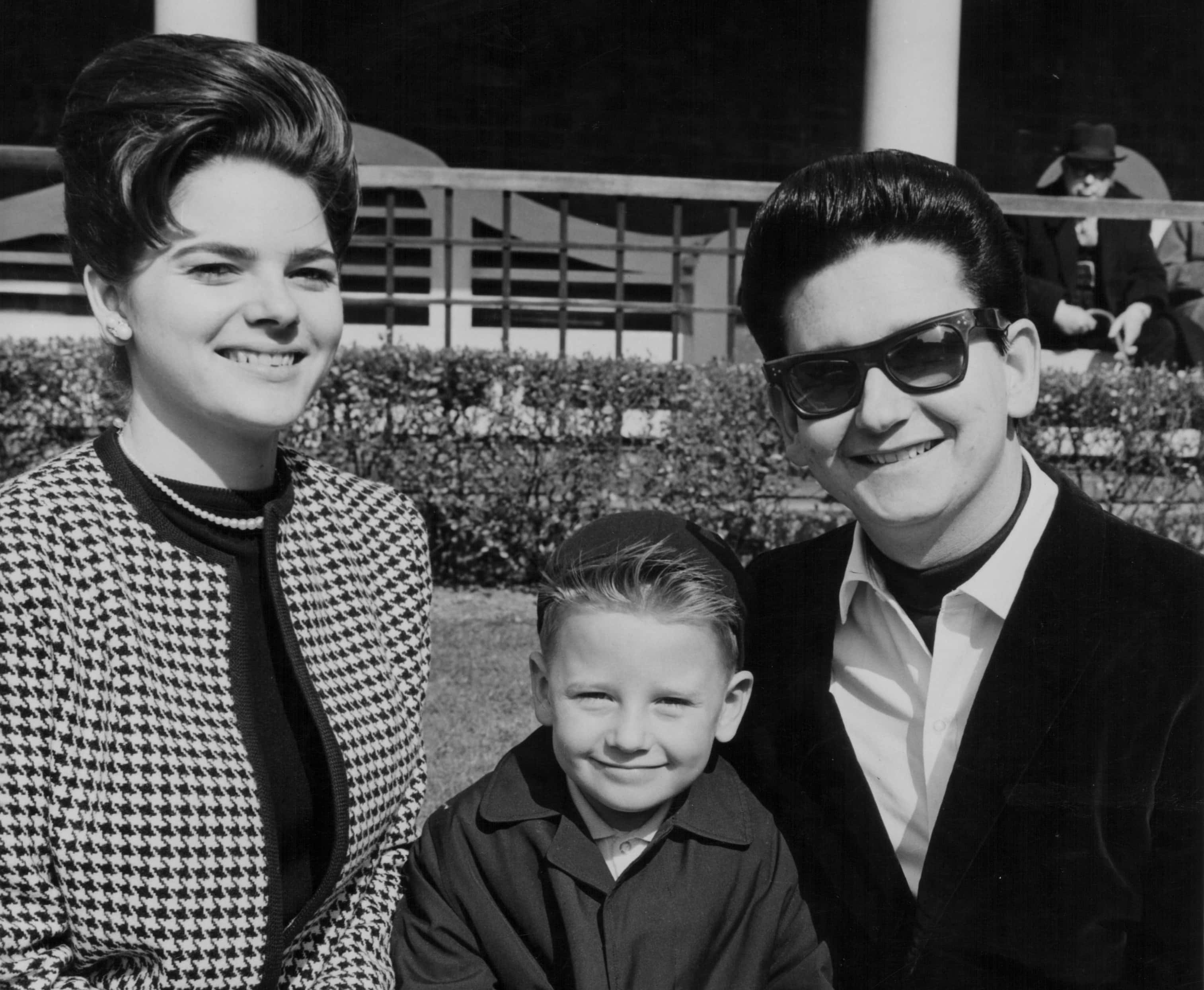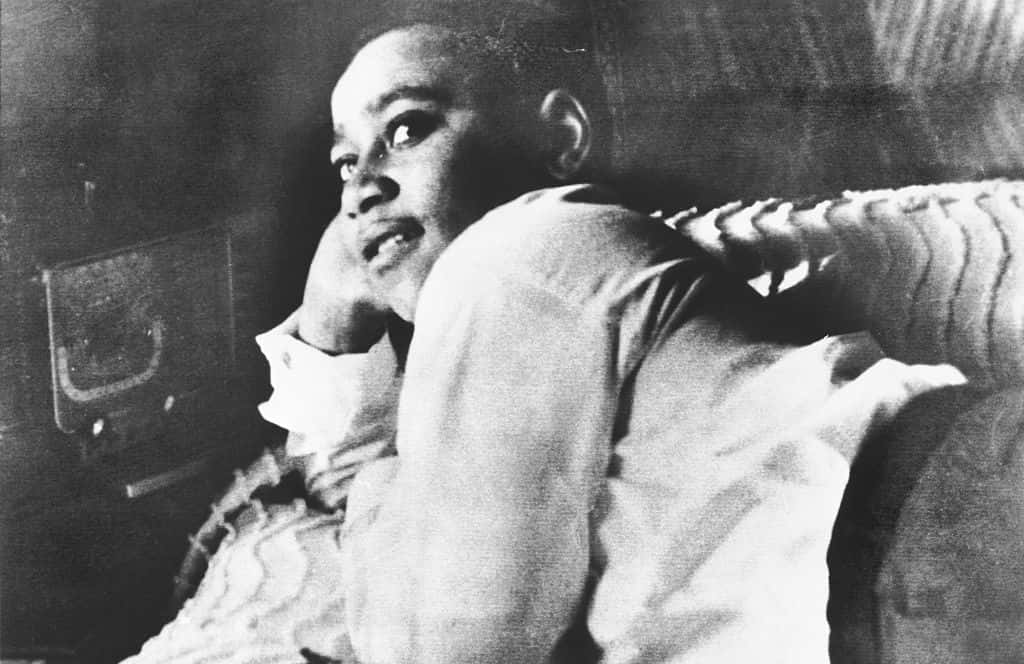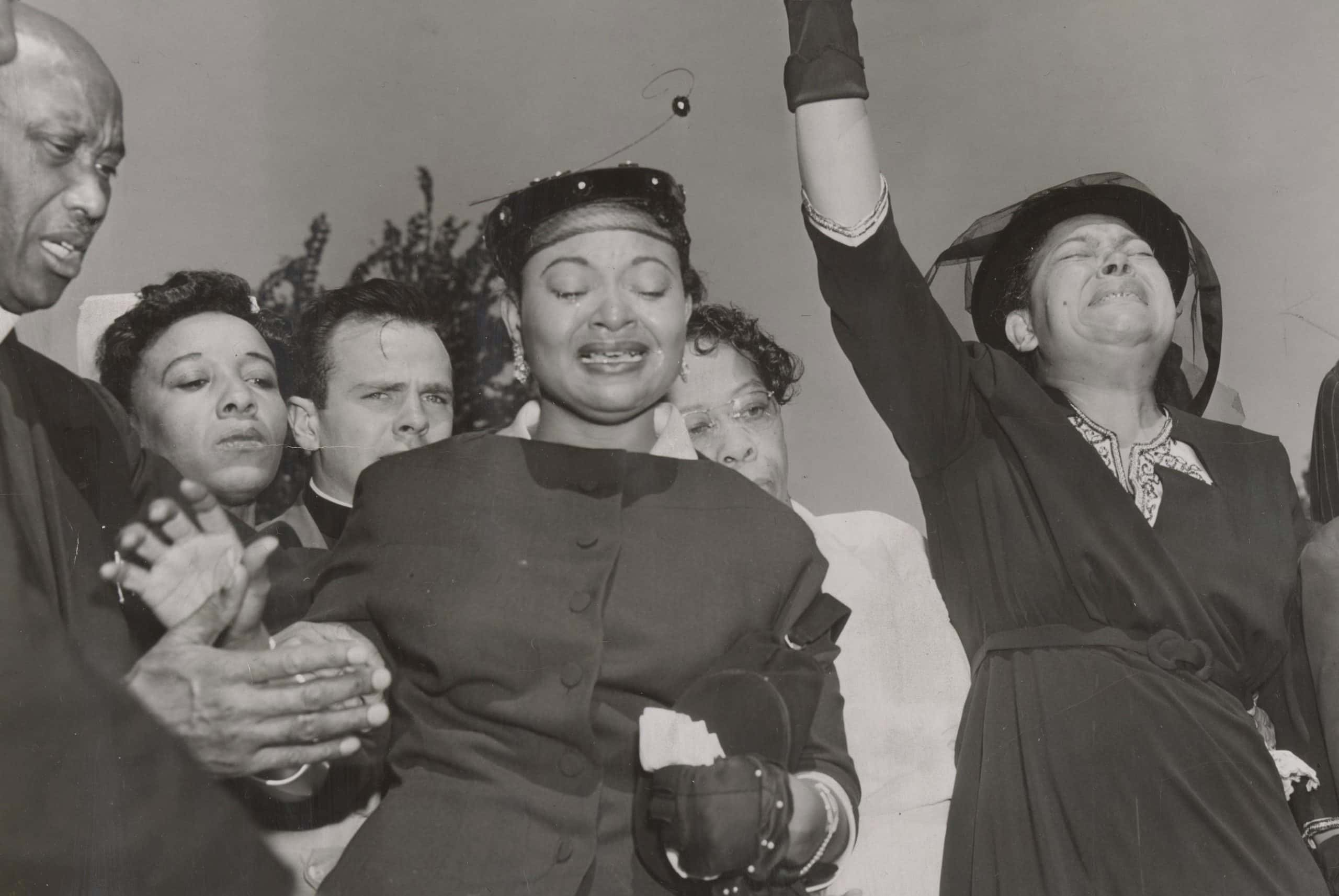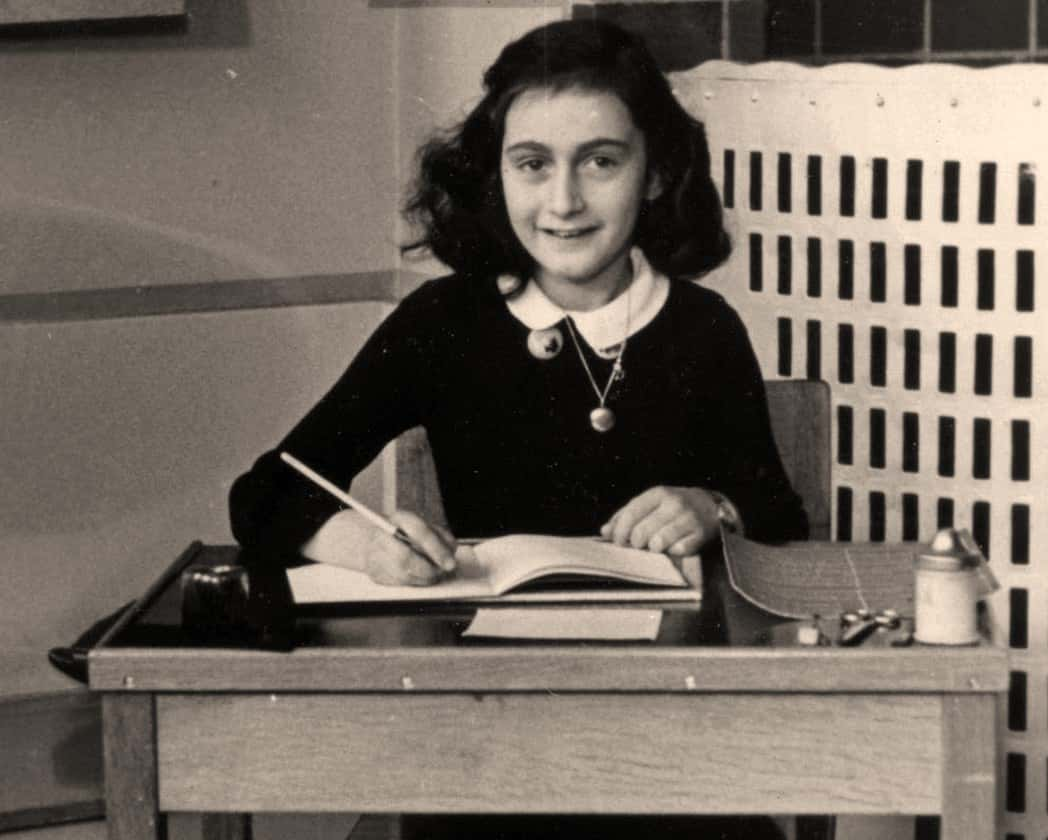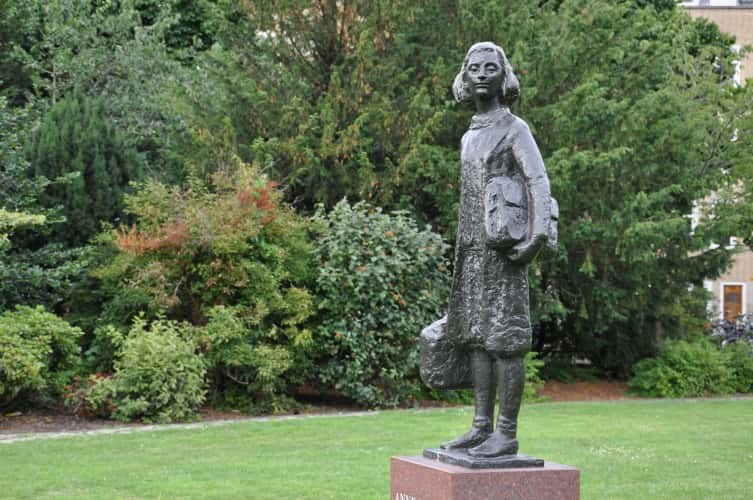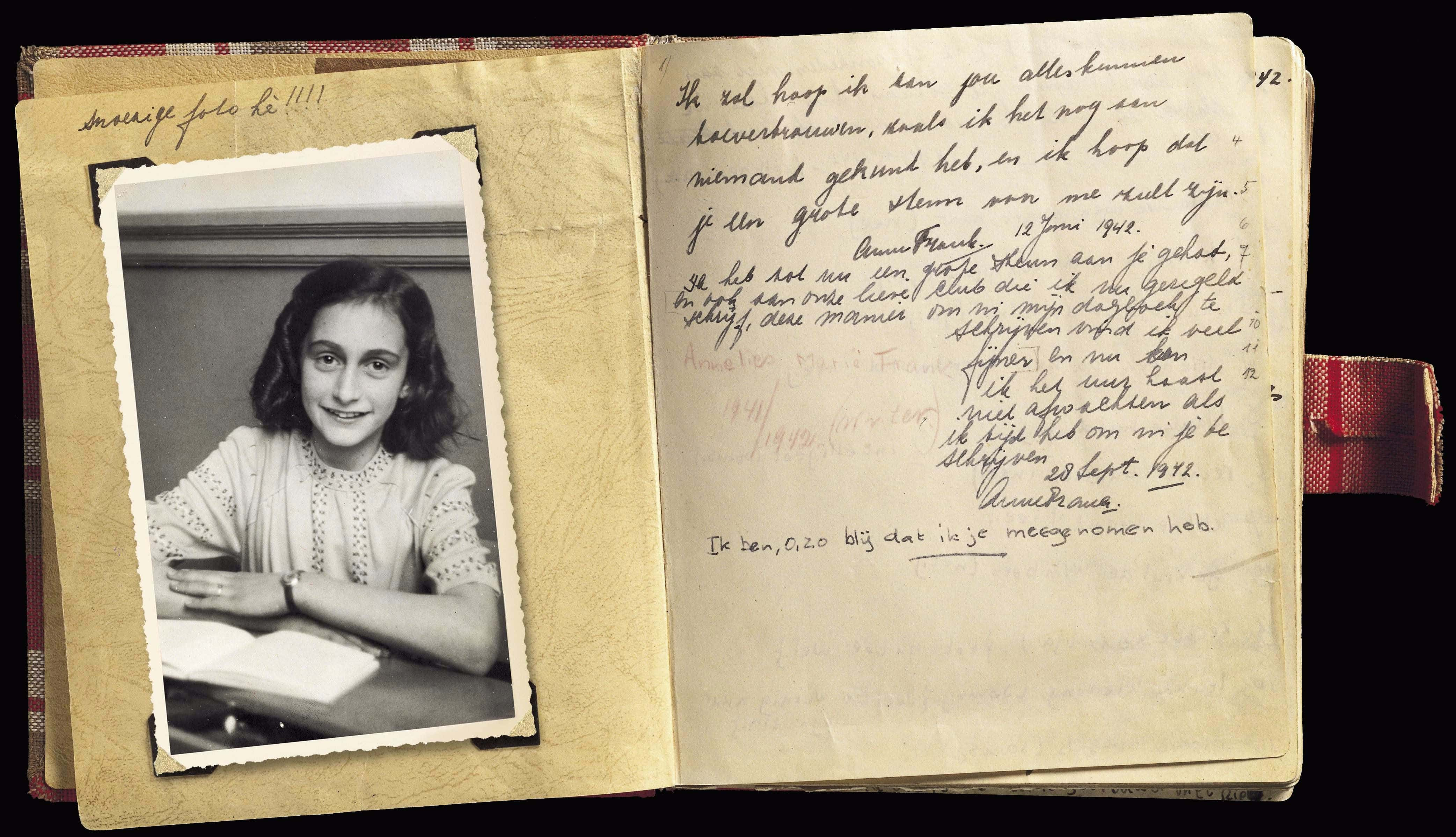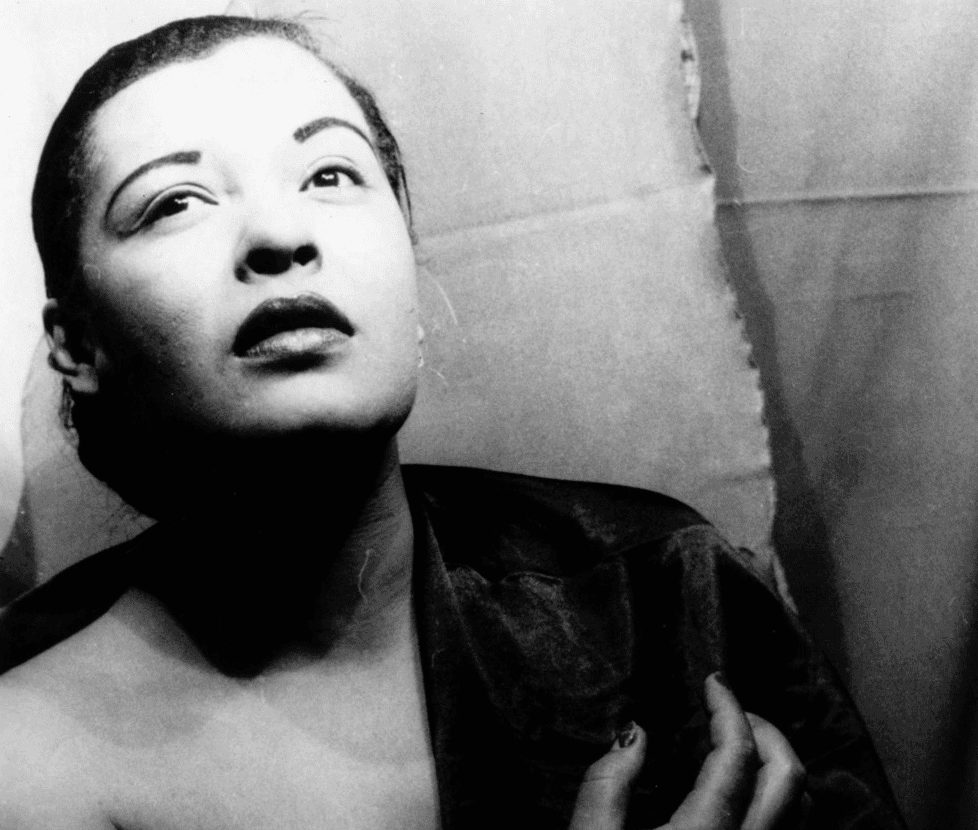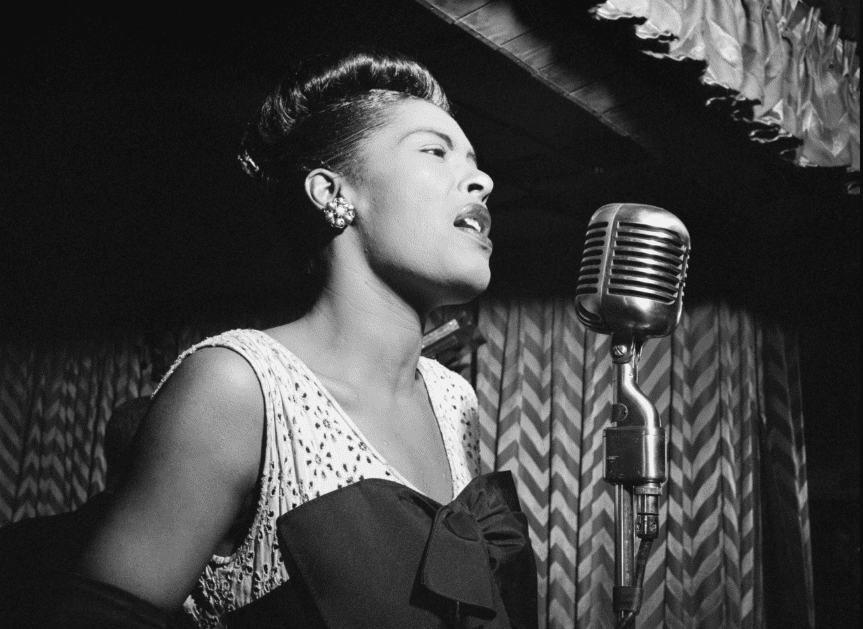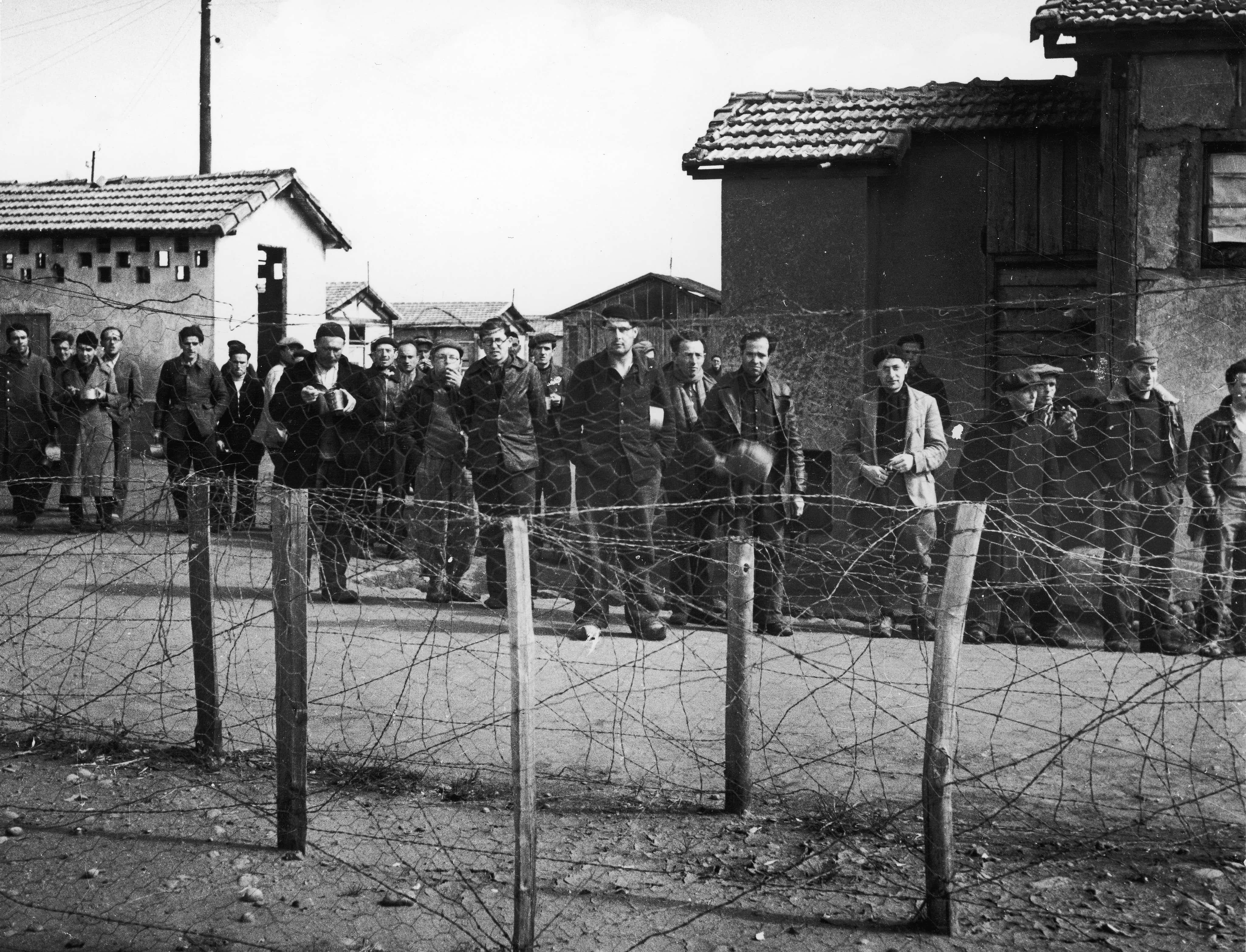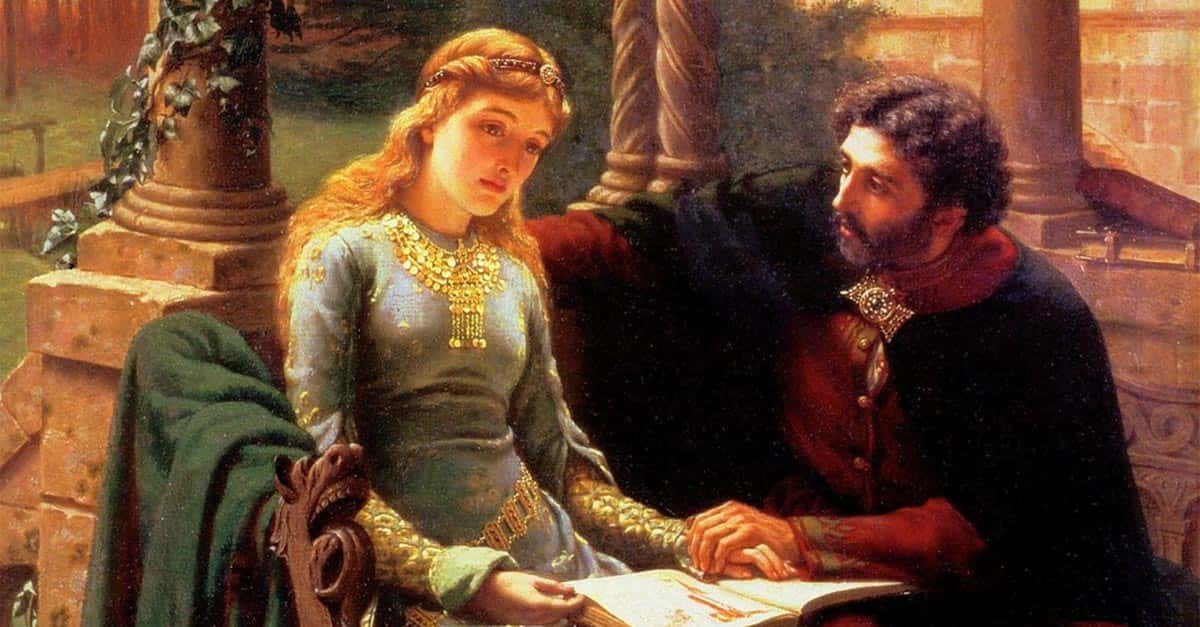Life isn’t always fair. Often, good people are forced to endure unimaginable pain and suffering. History is filled with desperately tragic stories. These people saw the worst that fate or humanity had to offer, and their stories are absolutely devastating. Here are heartbreaking facts about tragic historical figures.
Facts About Tragic Historical Figures
1. Caught Between Two Sides
Iva Toguri was born in California to Japanese parents. In 1941, Toguri went back to Japan to look after an ailing relative, only for the attack on Pearl Harbor to take place while she was abroad. In the wake of this attack, authorities forced Toguri to stay in Japan. It’s hard to determine whether this was due to the American government, the Japanese government, or a bit of both.
2. Make the Best of It
While she was in Japan, Iva Toguri began to work for Radio Tokyo alongside an Australian major. Together, authorities forced them to deliver Japanese propaganda in English. However, because their superiors didn’t understand enough English, Toguri and the major snuck pro-American messages into their radio program.
3. Crossed Signals
At the same time, American forces’ gossip created something of a legend about a Japanese woman named “Tokyo Rose.” They said she would playfully taunt the Allies in English. Even after WWII was over, Americans were desperate to find someone—anyone—who could be identified as Tokyo Rose.
4. Framed and Imprisoned
In a tragic twist, Iva Toguri was still trying to get back into the US after WWII was over, and was desperate for money. She agreed to an interview for $2,000. Her interviewed lured her into falsely admitting that she’d operated the radio under “Tokyo Rose.” She’d actually used the moniker “Orphan Annie.” The trap was sprung.
Authorities detained Toguri in Japan and accused her of treason. To add insult to injury, her interviewers never paid her the promised $2,000.
5. No Way Out
Despite some POWs testifying that she’d done no wrong, she was denied re-entry into the US. She wanted her child to be born on US soil, just as she’d been. Her baby was born in Japan but passed on soon after. Then, American authorities detained Toguri a second time and brought her to San Francisco in 1948.
6. Whatever, She’s Guilty, Lock Her Up
Journalists had duped and tricked Toguri into falsely confessing to being Tokyo Rose, only for her to lose her baby. Then, things got worse for Iva Toguri. Authorities subjected her to the longest trial in American history at the time. The courts fined her $10,000 and sentenced her to ten years in prison.
Eventually, people successfully called out the trial’s participants for being guilty of perjury in their efforts to ruin Toguri’s life. Eventually, the President gave her a pardon and a full restoration of her US citizenship. It just took them until 1977 to do so.
7. Woah…
Despite his incredible success as a movie star, Keanu Reeves’ life has been fraught with hardship and tragedy. When he was three years old, his father abandoned his family. Later, dyslexia hampered Reeves’ education. When he finally found success with hockey, a serious injury dashed his dreams of playing professionally. However, the tragedy didn’t stop there.
8. Bad Luck Comes In Threes
Years later, Reeves and his girlfriend, Jennifer Syme were expecting a child, which ended up being stillborn. The strain ended their relationship. Syme later passed on in a car crash which some attributed to her depression and use of prescriptions. On top of that, Reeves’ sister has spent more than a decade battling leukemia, fueling Reeves’ attempts to finance research into combating the disease. Frankly, it makes us never want to joke about his acting talents ever again.
9. Terrible Surprise
Sharon Tate was eight months pregnant when members of the Manson family confronted her at her home. They terrorized and took the lives of Tate and four others, while she pleaded for the life of her unborn child. In a disgusting act, they used her blood was used to write “Pig” on the front door. When her husband, director Roman Polanski, arrived home, it was the first thing that he saw.

Sign up to our newsletter.
History’s most fascinating stories and darkest secrets, delivered to your inbox daily. Making distraction rewarding since 2017.
10. It Began Earlier
Losing his wife and unborn child in such a horrific way is, sadly, not the only time that Polanski’s life has been afflicted with calamity. As a child, Polanski lived in the Polish city of Krakow. Like many others, the events of the Holocaust directly affected his life. Polanski witnessed the formation of the Jewish ghetto and the mass deportation of Jewish people.
These included his own father, who frantically told his son to flee before the authorities took him away.
11. Survivor
After being sheltered amongst Roman Catholics for a while, Polanski wandered Poland trying to survive. He witnessed horrors on a regular basis and endured German men shooting at him for sport. We do need to acknowledge that these brutalities do not serve to justify Polanski’s later actions, we’re merely pointing out the tragic facts of his early life.
12. Outsider
Larry Kramer grew up struggling with his sexuality, and even after he’d embraced himself and began adulthood as an out gay man, he struggled with his place in the LGBT culture. In 1978, Kramer wrote a controversial book which, despite its financial success, alienated him from the LGBTQ community in which he lived. However, this would only become foreshadowing to what happened next.
13. Dismissed For The Truth
In 1980, Larry Kramer plunged into gay activism as his friends and associates began to fall ill from a strange, horrifying illness that hadn’t ever been seen before. The government abandoned the LGBTQ community to suffer in the shadows. Whenever news cameras would cover the crisis, Kramer, for his part, furiously made a scene.
Kramer openly confronted government officials for their lack of action, or even refusing to mention the word ‘AIDS’ in public.
14. They Turned On Him
Sadly, while Kramer did manage to draw attention to the cause, he was vilified not just by the mainstream media, but also by his own group, the Gay Men’s Health Crisis. The GMHC even threw out Kramer because of his extreme and alarmist behavior. All the while, thousands, and later millions, of people of all backgrounds fell victim to AIDS.
15. Brother, My Brother
Before he lost his sight at the age of five, Ray Charles witnessed the passing of his brother when he drowned in a bathtub. Contrary to what the biopic Ray depicts, Charles did try to save his brother, but he was unsuccessful in his efforts.
16. The Suffering Starlet
From the age of 10, actress Judy Garland's mother pushed her into the pursuit of fame, whom Garland later described as “the real Wicked Witch of the West.” When MGM signed her at the age of 13, they forced her onto a regimen to lose as much weight as possible, feeding her different drugs through the process.
It left Garland with crippling self-image problems and addictions which would plague her for the rest of her life. But hey, wasn’t The Wizard of Oz a great movie?
17. Not a Mama’s Boy
Emperor Hui of Han was regarded as a good man, but unable to get out from under his vicious mother’s shadow. Empress Dowager Lu set her sights on murdering Liu Ruyi, a member of the royal family whom she perceived to be a threat. Hui tried to protect Ruyi, his half-brother, but was unable to stop his mother’s plotting. She had Ruyi assassinated.
In his struggle to cope, Hui turned to substances and womanizing, before passing on at the age of 22.
18. A Hero’s Welcome?
On September 22, 1975, a woman by the name of Sara Jane Moore attempted to assassinate President Gerald Ford. Seeing her, former Marine Oliver Sipple prevented Moore from firing at Ford. Initially, Sipple was treated as a hero by the media and the general population…until Sipple was outed as being gay, against his wishes.
Of the two sources who outed him, one of them was a friend of his who wanted to show that gay men could be heroes too, breaking the stigmas that people had of gay men.
19. Erased From History
Sadly, Sipple was ostracized by his family when they found out about his orientation. Some sources have stated that his father prevented Sipple from attending his mother’s funeral, who had refused to speak to her own son. Sipple even grew to openly regret his role in saving the president, who merely sent a letter expressing sympathy when Sipple passed on.
Maybe he could have attended Sipple’s funeral? There were only 30 other people there, he would have found a seat…
20. Religion Vs. Science
In the 16th century, the Catholic Church put Giordano Bruno on trial. His offence? Developing theories that stated that the universe was infinite and the stars in the sky were distant suns that might have their own planets around them. Safe to say, we don’t think he deserved to be burned alive at the stake for those charges.
21. From Slave to Leader to Martyr
The history of colonialism is a cruel one, and this list could have been filled up with some of the millions of people who lived as slaves because of it. One of them, known to history as Toussaint Louverture, spearheaded the 1791 Haitian Revolution in an effort to win freedom for himself and his people. Tragically, despite trying to install reforms to end slavery on the island, Louverture was captured by French forces through trickery.
French forces imprisoned Louverture in Fort-de-Joux. Louverture passed on in 1803, possibly due to malnutrition or pneumonia or tuberculosis.
22. Sins of the Father
Judith Barsi’s acting career began at a time when she’d normally be settling into kindergarten. Her first film was released when she was around 6 years old, and she proceeded to act in multiple commercials and television episodes. Most people, however, remember her for her voicework in the Don Bluth classics The Land Before Time and All Dogs Go to Heaven.
Bluth greatly admired Barsi’s talent and planned to feature her in his future films. However, her personal life was troubled by the fact that her father, Jozsef, was deeply disturbed and suffered from alcoholism.
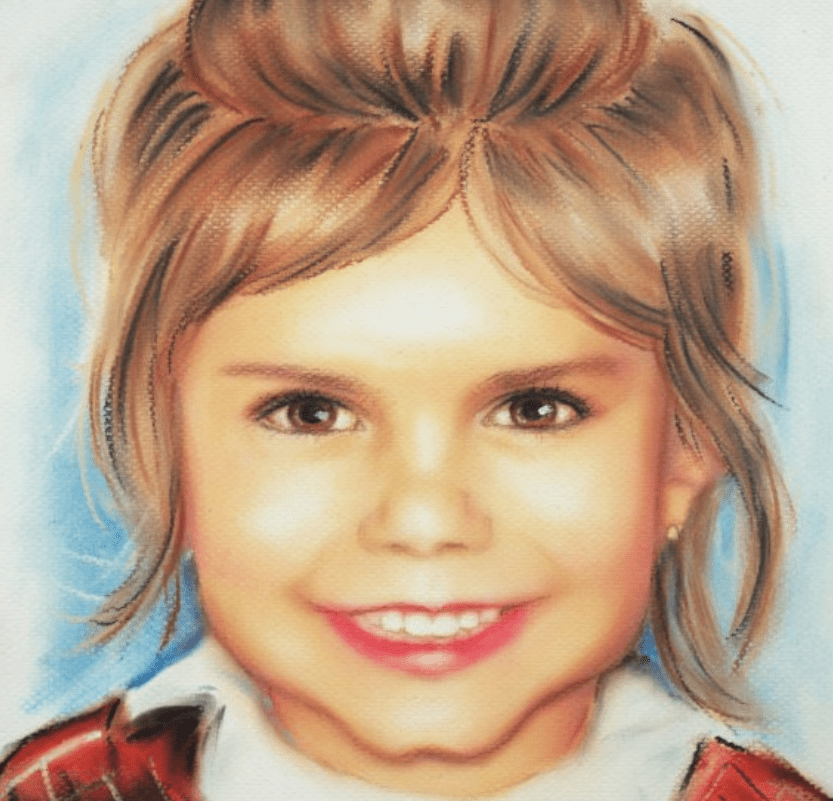 Wikimedia Commons, Anna Rozwadowska
Wikimedia Commons, Anna Rozwadowska
23. Taken Before Her Time
As Barsi’s career took off (she was earning around $100,000 per year by the time she was in Grade 4), her father’s mental state deteriorated, and he issued threats against his wife and daughter. While she was involved in the production of All Dogs Go to Heaven, psychologists expressed serious concern until Barsi’s mother, Maria, assured them that she would begin divorcing Jozsef.
Sadly, before that could happen, tragedy struck. Jozsef murdered the 10-year-old Barsi in her sleep, along with Maria, before taking his own life. Barsi’s two most famous film roles were released after her tragic passing.
24. Your Worst Nightmare
Roy Orbison was a highly talented musician, singer, and songwriter who helped pioneer rock & roll in the 1950s and 1960s. However, despite his success, Orbison’s personal life was fraught with tragedies. On June 6, 1966, he and his wife, Claudette, were motorcycling when Claudette tragically crashed into a pickup truck and died instantly—but it gets worse.
Just two years later, Orbison was on tour in England when he learned that his two eldest sons had passed on after the family home in Tennessee had caught fire and burned down.
25. He Was Just a Boy
Emmett Till was a 14-year-old boy from Chicago visiting his relatives in Mississippi in 1955. While inside a grocery store, the young Till interacted with Carolyn Bryant, the woman behind the counter. It’s not fully known whether he whistled, smiled, or made some kind of comment, but the fact that he was black and she was white was all that her husband took from the encounter.
Roy Bryant and J.W. Milan, his half-brother, abducted Till and took him to a barn in the middle of the night. It isn’t entirely certain what manner of brutal persecution they subjected him to, but it ended with them murdering Till in cold blood.
26. Weep for Emmett
Authorities found Till’s body three days later in a river. His mother insisted on an open coffin at the funeral to show the world what had become of her little boy. The image shocked the nation and fueled the civil rights movement amongst the black community. Meanwhile, an all-white jury found his murderers not guilty. They expressed no remorse for their gruesome actions until their dying days.
27. A Young Girl’s Diary
During the Holocaust, millions of people were killed and victimized. Many of those people went into hiding, including Anne Frank and her family. As the Germans occupied the Netherlands during WWII, Anne and her family hid in a tiny space in the building where her father had previously worked. Anne turned to writing a diary as an outlet.
She wrote wistfully of her dreams of being a journalist and writer when she grew up, while hoping desperately that the conflict would end someday.
28. Were They Betrayed?
Sadly, Anne Frank was not able to outlast the conflict. On August 4, 1944, German authorities discovered her and the other people she’d been living in hiding with. Whether this was due to betrayal or an investigation into rationing is not entirely clear to this day. Regardless of how they were discovered, the outcome is the same. They separated Anne, her sister, and mother from the others and placed her in the Auschwitz concentration camp.
 The Diary of Anne Frank (1959), 20th Century Fox
The Diary of Anne Frank (1959), 20th Century Fox
29. A Cruel End
Falling dangerously ill due to the camp’s conditions, the authorities removed Anne and her sister to Bergen-Belsen, where they eventually passed on. We do not know the exact cause of Anne’s passing, nor the date of it, which may have occurred just a few weeks before British forces liberated the camp.
30. Some Kind of Silver Lining, Please
To her dying day, Anne Frank believed that her parents had both predeceased her. In that, she was only half-right; her father, Otto, was the only member of his family to survive the Holocaust. He eventually returned to the Netherlands to find that one of the people who had helped hide the Frank family had preserved his younger daughter’s diary.
Thanks to Otto’s efforts, the Frank family’s story will never be forgotten, and Anne achieved her dream of becoming a famous writer thanks to her diary being published globally.
31. How Could You
Before she became a famous jazz singer, Billie Holiday was a child of the 1910s and 1920s, living in poverty. Her father had left the family when she was an infant, and her mother was largely absent while trying to earn a living. To make matters worse, Holiday was attacked at the age of 11 and was taken away from her mother’s custody as a state witness in the rape case.
32. That’s Life, I Guess
Even though authorities detained her assaulter, Holiday’s life was still plagued with poverty, toil, and eventual run-ins with the law. To make money, Holiday’s mother turned to prostitution, and the teenaged Holiday also took up the trade. Authorities detained both after a raid on the brothel. Following her release, Holiday turned to singing instead.
33. Gloomy Sunday
Even after all her fame and success, Holiday remained scarred by the hardships of her life. Holiday spent her professional career being swindled out of earnings that she should rightfully have made. When she passed on, she had less than a dollar in her bank account. She also struggled most of her life with addiction. These took their toll on her body until she passed on from cirrhosis in 1959.
34. The Last Good War? Think Again
In a terrifying twist to the end of WWII, after the concentration camps were liberated by the Allies, the LGBTQ people were treated little better than they’d been treated before! Laws against non-heterosexuality were well-established in the US, UK, and the Soviet Union, so they did not see any problem with the Nazis’ persecution of the LGBTQ community.
35. Just One of Many Tragic Historical Figures
In just one example of the Allied persecution of LGBTQ people, there is the tragic case of Josef Kohout. After suffering in a concentration camp, and later spent years not even being recognized as a victim, Kohout was horrified and infuriated to discover that the government of Austria didn’t acknowledge his time spent in a concentration camp when it came to his pension. In fact, those former concentration camp guards who were never convicted got a better pension than Kohout!
36. Fighting Back
Kohout did fight back and get a full pension (in 1992), but he was “the only homosexual whose time in the camps was included in the calculation of his retirement pension.” The German government didn’t even officially recognize LGBTQ people as victims of the Nazis until 2001. Maybe they should also acknowledge that they were also victims of the Allies, but who knows when that will happen?
Sources: 1, 2, 3, 4, 5, 6, 7, 8, 9, 10, 11, 12, 13, 14, 15, 16, 17, 18, 19

